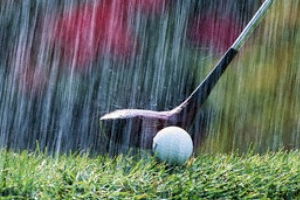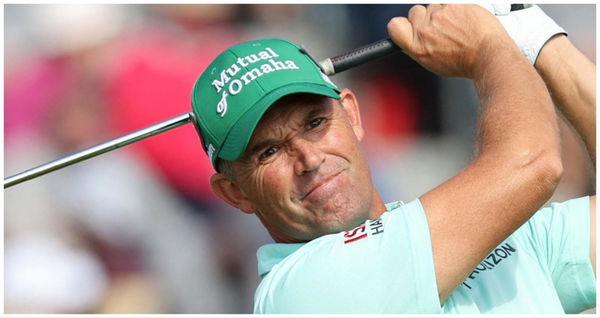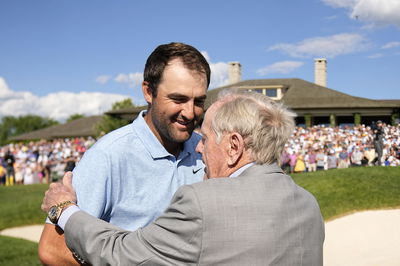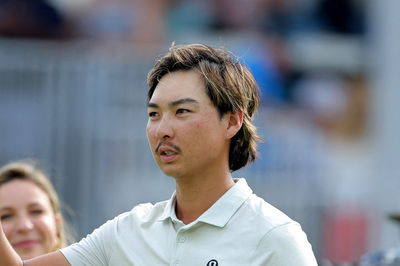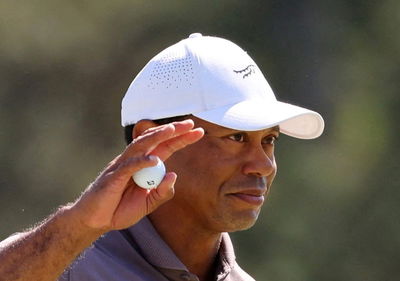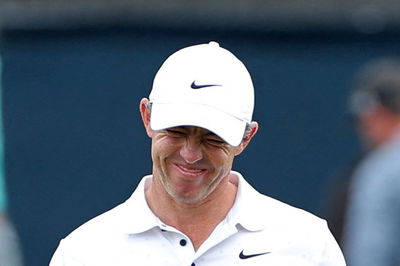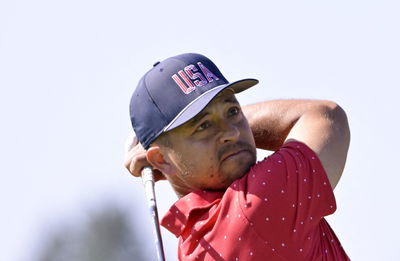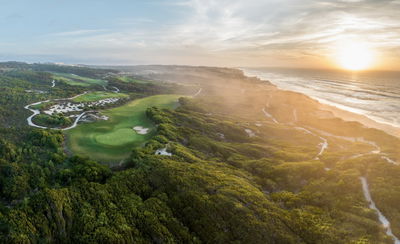Something for the Weekend: Put the bad shot behind you, says Gallacher
Ryder Cup legend continues his takeover of our Friday tips series to offer advice on recovery
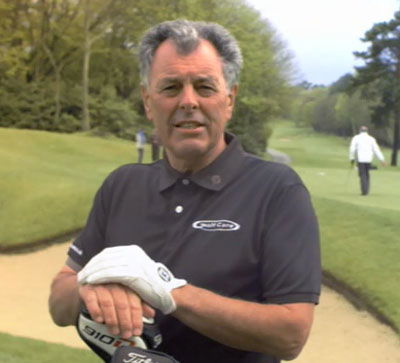
Each of us in every round makes a bad swing or hits a bad shot that can be highly destructive for the rest of our time on the course if we allow ourselves to dwell on it.
No one hits a bad shot on purpose but how can we put it to the back of our mind, put it behind us, and move one?
We see so often the pros on our TV screens make a mistake then immediately hit back with a birdie at the next hole, whereas we, as club golfers, allow it to eat away at us. Inevitably it will lead to more errors and more miss-hits.
During a few holes with Ryder Cup legend Bernard Gallacher at De Vere Wychwood Park recently, I asked him, with his experience of 11 victories on the European Tour, how best we should get over a bad shot and move on.
“This is really the difference between a good player and a not-so good player; a pro or low handicapper and an inexperienced higher handicapper,” he told me.
“The better player can dismiss a bad shot right away. He or she puts the shot behind them immediately, concentrates and goes through the same pre-shot routine that has proved successful for them.
“You have to not assume that it’s a total collapse of your method; my advice is always to do what you have been doing, go through your set-up check points again and your pre-shot routine.
“That’s the secret to putting bad shots behind you... Immediately!
“Never try to change anything otherwise you’re just compounding the problem. Good players can always dismiss a bad shot when they are playing a competitive round.
“Re-group, go through your routine and think about the next shot. Look forward; never back. The last shot is history.”
Want more?
Head to our Something for the Weekend index. Remember to let us know how you get on and share your own tips with us in the forum and on our Facebook page. You can also tweet us @Golfmagic.
Bernard Gallacher is an ambassador for Golf Care Insurance and at aged 20 was the youngest to play in the Ryder Cup. He went on to play in eight matches against the US for Great Britain & Ireland, before captaining Europe on three occasions and winning at Oak Hill in 1995. He has now retired from the European Seniors Tour.
��
